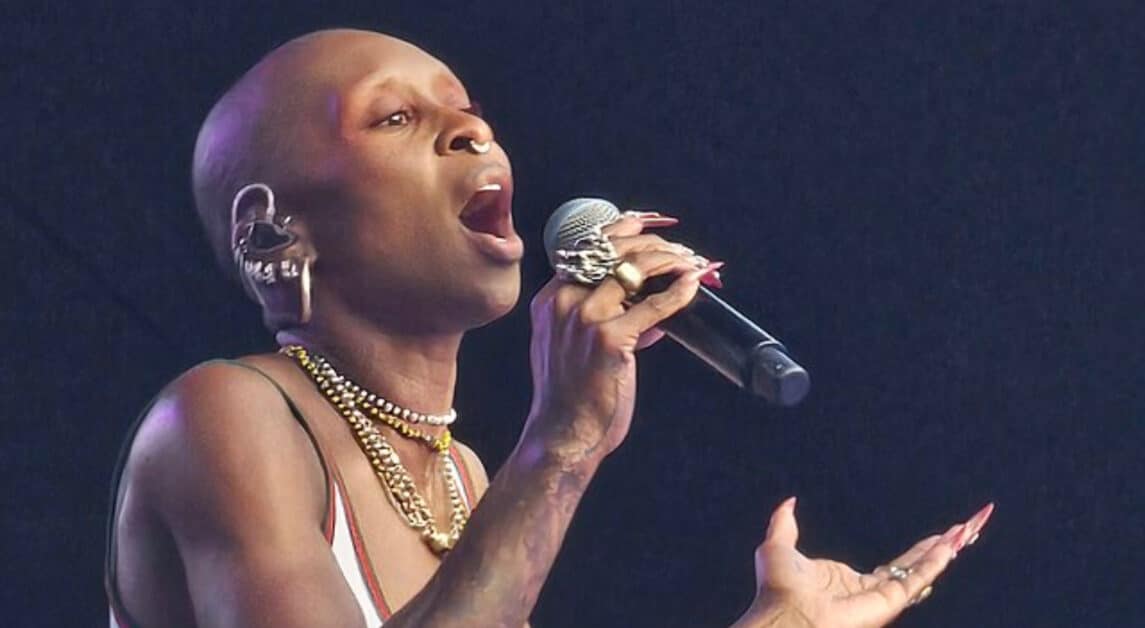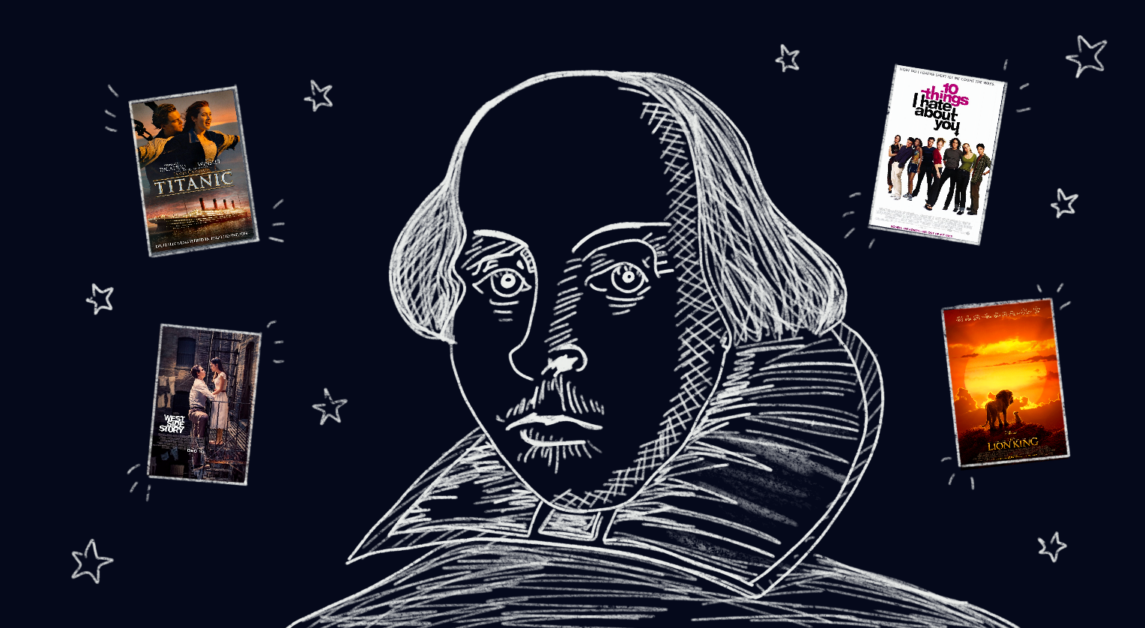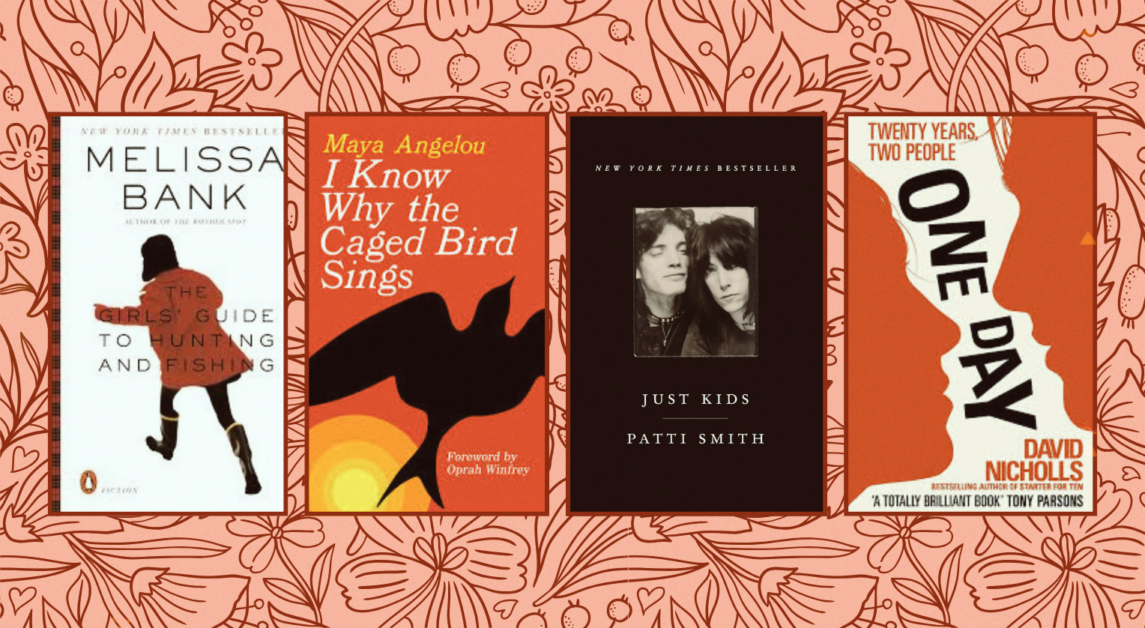Much has been written about Game of Thrones over the past 15 years-the five lengthy novels themselves, three supplementary novellas, a burgeoning graphic novel, countless scripts, fan fiction, book reviews, television recaps, blog posts, Facebook statuses, tweets, and last but not least, this column. Much has been written about the story’s past, present, and future. In the deepest, darkest caves of the interweb, you’ll find theories upon theories about who Jon Snow’s real parents might be, how the story might end, and what, by the old gods and the new, might reside in dear George R.R. Martin’s head.
So, how do you say something new about a phenomenon that has already marshaled millions (a vastly conservative estimate) of words? What hasn’t been said? Yes, it’s a prestigious show about dragons and political power. Each season costs HBO a moderate movie budget-and HBO makes up for it with those damn expensive HBO GO accounts. There’s little you can say that hasn’t been said by a Dungeons and Dragons grandmaster or some clever yet anonymous Boston College sophomore in Lower. There’s not much left to say about the show that has it all. Game of Thrones draws from both high and low culture, that anchors both the end of television’s golden age of Sopranos and Heisenbergs and the wave of fantasy fiction inspired by Lord of the Rings.
You could say that HBO has found itself in a bit of a bind, as the show progresses at a rapidly faster pace than 65-year-old Martin can write his novels. The earliest Martin could finish the series would be 2018. Meanwhile, HBO has affirmed that it’d like the show to run only three or four more seasons. That gives Martin three or four years to finish the series. Basically, he has to finish the series by 2018, and HBO can’t wait for him. It has revenues and aging child actors to think about. Are we a little worried? Sure, but we’ve been heading down this road for a while now, as soon as HBO booked the series back in 2010-when just four of Martin’s seven-book series had been published. HBO is not shocked by this development. It will have a plan. There’s too much money and reputation at stake.
With that dilemma eliminated, there’s little to worry about when it comes to Game of Thrones. The show has accrued an untarnished reputation of quality. It has an epic series of novels to fall back on. The show can focus its energy on execution, not plot and story arcs. We have no choice but to expect that the fourth season will be great and full of dragons, kings, and plots. But if Game of Thrones has taught us anything, it’s to expect the unexpected-to kill your darlings before it delightfully beheads them. It devours our conceptions of what a story is allowed to do and who our heroes should be, or if we even need heroes.
We’re at the halfway point in the series now, and we have two options. We can continue to care deeply about each character and be crushed when they get the sword, or we can buckle up and throw our hands up in the air like we just don’t care. I’m still not sure which direction I’m leaning toward. As a fan of the original novels, which I’m surprised took me 700 words to mention, watching the show has always been a stressful process.
It’s like meeting an old friend decked out in a fancy suit. Each twist and turn the show took that shocked viewers reminded me where the show would eventually have to go: “The Rains of Castamere,” commonly known as The Red Wedding, was a shocking event that exemplified the series style of storytelling.
The series wears you down. Without Wikipedia as reference, I’m not sure I could really tell what happens in the fourth and fifth books. You can only get burned by Martin so many times before a sense of apathy seems to take over. The quality of the series does not change. It’s the reader that changes.
The show has reached this tipping point, at which those who watch must now either walk the path of apathy or empathy. The quality of the show will not change, but rather how we watch it. Choosing to empathize with the show’s characters seems absurd, but I would caution us about embracing apathy. Remember what Tyler says in Fight Club: “It’s only after we’ve lost everything that we’re free to do anything.” I would expand and say that only after a story is free to do anything is it really worth our attention-only then can we truly appreciate its characters. Don’t let the man (Martin) get you down.












